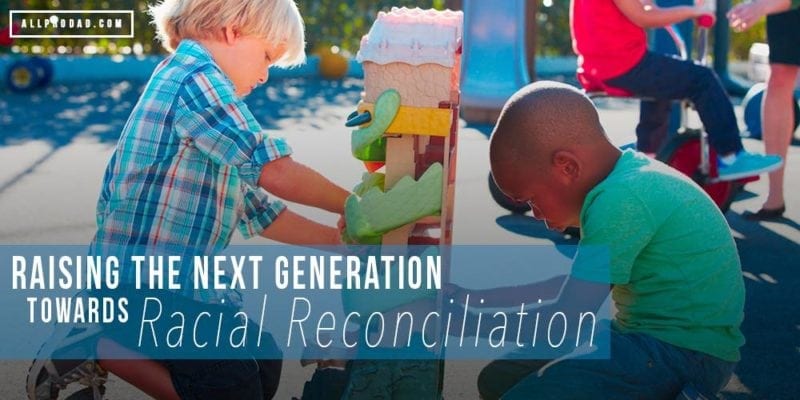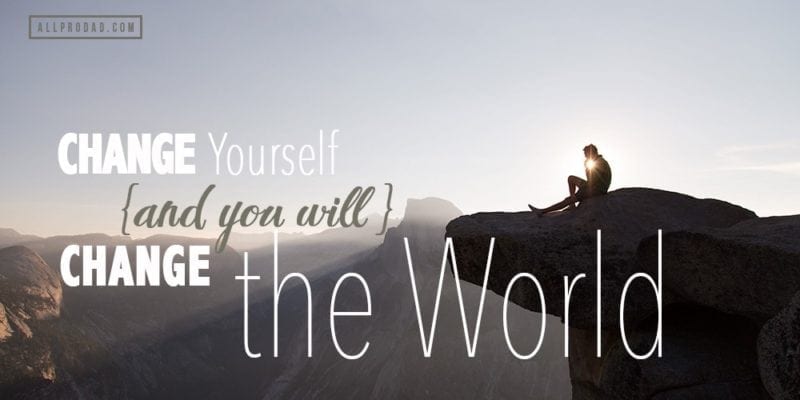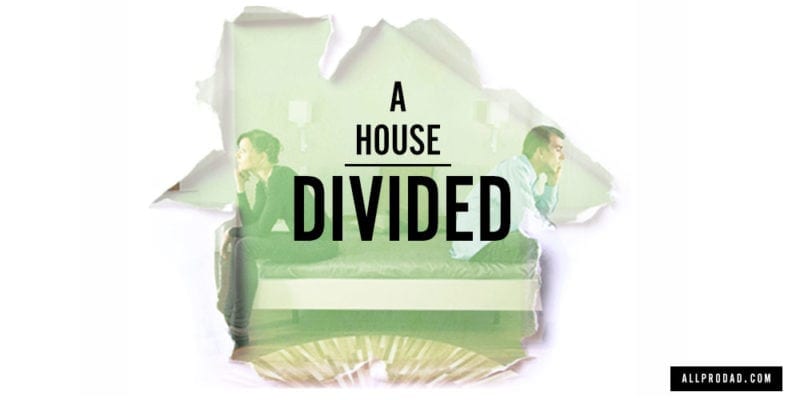When I think about race, there a couple of things that come to mind. In my lifetime, the first incident I think about is Rodney King in 1991. I was in high school when a video went viral of police officers beating Mr. King after a high-speed chase. In the aftermath of the trial in which the police officers were acquitted, Los Angeles burned in deadly riots. Ultimately, the National Guard had to be brought in to restore peace. The opinions of the beating and which side was at fault revealed a deep racial divide in America. It is the same divide that surfaced when O.J. Simpson was acquitted. We continue to see it today with more recent cases of Trayvon Martin, Eric Garner, Michael Brown, and Freddie Gray. The last two resulted in riots eerily similar to the ones in Los Angeles more than two decades ago.
During the Civil Rights Movement, long before any of those events, in Tuscaloosa, Governor George Wallace stood in the schoolhouse door to deny integration of two black students to the University of Alabama. The integration had to be enforced by the National Guard. Needless to say, race relations then and the years following were tenuous in the state of Alabama. Ten years later, as the integration continued, one of the last places to do it was a high school called Woodlawn. In the midst of tension and turmoil, a chaplain began to work with the football team, a team that would include future NFL great “Touchdown” Tony Nathan. Something special occurred which is chronicled in the movie Woodlawn coming out tomorrow. The team experienced racial healing and unity which filtered through the community. Here are several ways to follow their lead and bring up a generation committed to racial reconciliation.
Listen
One of the biggest reasons I left a life working on Capitol Hill was the amount of people that couldn’t wait to tell you their opinion on everything. Almost everyone I talked to thought they were right about all subjects and had no interest in hearing from anyone else. It’s unattractive and leaves a person with, at best, a limited perspective. At worst, they are clouded by prejudice and bias.
Walk in Their Shoes
It’s difficult to hate when we seek to know one another up close and personal.We need to teach our kids not to immediately dismiss someone’s point of view. I will never know what it is like to be another race. I don’t know the experiences of people that has formed their perspective on life and drives decisions they make. For all I know, if I were to have experienced what they have, I may feel exactly the same way. The bottom line is that until you walk in someone else’s shoes you have no idea what their life is like. You don’t know the pain, the things that have been said to them and about them, or the stress they have endured. The best we can do is model to our kids stepping out where it is uncomfortable, crossing cultures, and building authentic friendships. It’s difficult to hate when we seek to know one another up close and personal. We need to show our kids our desire to understand and grow empathy.
Reaching the Promised Land
We may have made progress, but we need to continue towards unity. President Kennedy’s words, spoken at the time about the Russians, are equally applicable regarding race. “For, in the final analysis, our most basic common link is that we all inhabit this small planet. We all breathe the same air. We all cherish our children’s future. And we are all mortal.” Each human being is wonderfully made with eternal and reverent significance. If we cultivate that kind of attitude in our children, perhaps they will finally reach what we haven’t been able to, the promised land of Martin Luther King’s dream.
Hear Coach Tony Dungy’s take on the racial reconciliation in the new movie, Woodlawn.
Have you found yourself wanting to talk to your kids about race relations, but you’re not sure what to say or where to start? It can be a confusing and challenging topic, so we created a resource to help you written by Clyde Christensen and Tony Dungy. Click here to sign up for our Race Conversations For Families resource.












Huddle up with your kids and ask, “Has anyone ever judged you wrongly? How did that feel?”